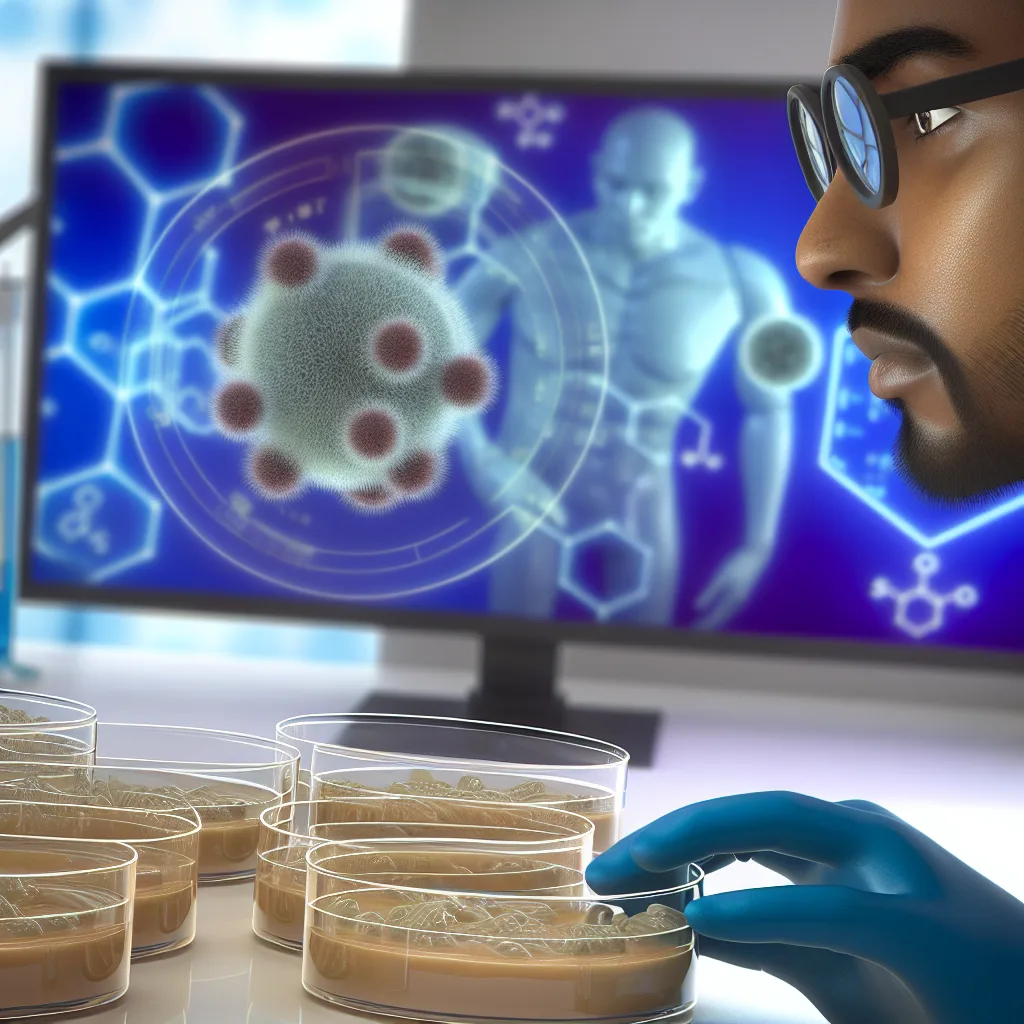Exploring the fascinating AI-assisted breakthrough targeting inflammatory bowel disease
If you or someone you know struggles with inflammatory bowel disease (IBD), there’s some hopeful news on the horizon about a new antibiotic IBD researchers are focusing on. The unique thing about this development is how artificial intelligence predicted how this antibiotic would work before scientists even had proof. It’s fascinating and a little reassuring to see AI playing such a hands-on role in coming up with new medical treatments.
What is IBD and Why Do We Need New Antibiotics?
IBD is a chronic inflammatory condition affecting the digestive tract. It can cause a range of debilitating symptoms and is notoriously tricky to treat because the underlying causes are complex. Antibiotics aren’t always the first line of defense, but certain infections and bacterial imbalances can worsen the disease.
That’s why discovering targeted new antibiotics can be a game-changer. The main challenge has always been finding something that specifically goes after the right bacteria without causing unwanted side effects.
AI’s Surprising Role in Discovering the New Antibiotic for IBD
What makes this new antibiotic IBD story especially interesting is the role AI played. Scientists used AI modeling to predict exactly how the antibiotic would work—what bacterial targets it would affect and how it would interact with the disease process. And guess what? The model’s predictions lined up well with early lab findings.
This isn’t just cool technology magic; it’s proof that AI can help guide and speed up drug discovery. Instead of the usual trial-and-error method, researchers get a heads-up on what compounds to test, which bacteria to target, and what effects to look for. This helped zero in on promising antibiotics faster and with more precision before human trials even started.
What’s Next? Human Trials and Beyond
Human trials are planned to begin in about three years, which feels like quite a wait when people are in need now. But clinical testing is crucial for safety and effectiveness, so it can’t be rushed. Still, knowing that AI has already predicted the antibiotic’s behavior gives some confidence about what’s coming.
In the meantime, we can keep an eye on AI-driven medical breakthroughs that aim to make treatments smarter and more personalized. For those dealing with IBD, this is a sign that science is moving in the right direction.
Why Should You Care About This New Antibiotic IBD Development?
- It signals a smarter approach to drug development using AI.
- Offers hope for better, targeted treatments with fewer side effects.
- Shows how technology can assist in understanding complicated diseases like IBD.
If you’re interested in the newest medical research or IBD treatments, this is definitely a story to watch. For further reading on AI in drug discovery, check out the National Institutes of Health’s overview and for more about IBD treatments, visit the Crohn’s & Colitis Foundation website.
All in all, the future of healthcare seems to be mixing human smarts with artificial intelligence in ways that might help people sooner than we expect.
